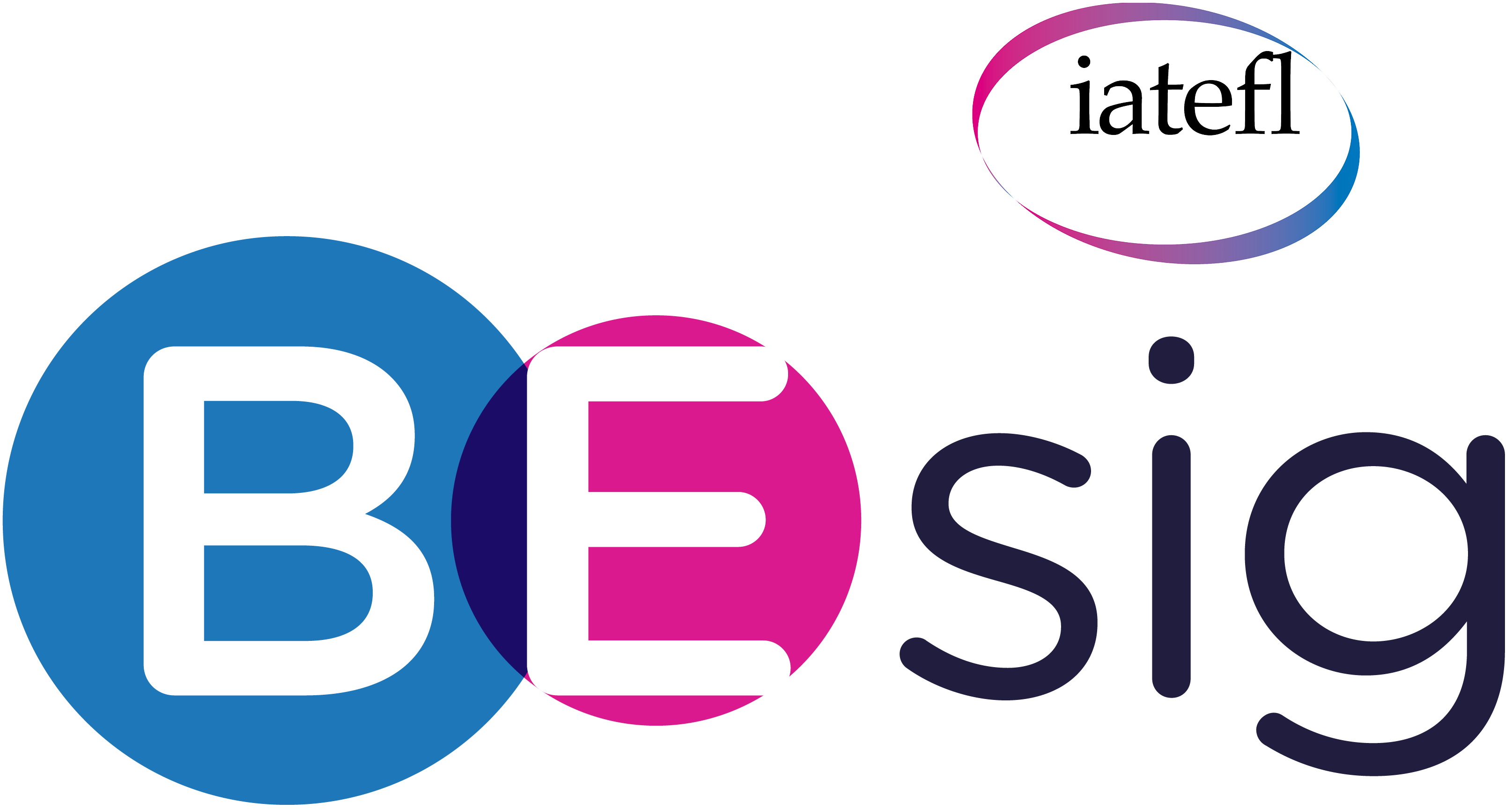
Ricardo Lacerda Bruns
Hello and welcome back. This week, I’m pleased to take you to a member who lives and works in yet another country: Brazil. Read on to hear Ricardo Lacerda Bruns say more about the business English scene in Brazil, why teaching associations are so important and also about some of his highlights of being an IATEFL BESIG member.
Bio: Ricardo has been working as a Business English Trainer and a Communication Consultant since 2009. He holds a CertIBET and has over ten years of multicultural corporate experience. He is one of the coordinators of the BRAZ-TESOL Business English SIG. https://braztesol.org.br/site/view.asp?p=456
Tell us about how and why you became a business English teacher.
Just like most of us at IATEFL BESIG, I believe, I have also walked an unorthodox path so far. I started as a student of English while I worked for over ten years in the corporate field. At that time, I had the opportunity to make extensive use of business English in practice. Using my communication skills to support my colleagues inspired me to become a business English teacher.
How long have you been a member of IATEFL BESIG and what have been some highlights so far?
I first joined the IATEFL BESIG in 2013. At that time, I had little contact with local BE teachers, and it seemed interesting to connect to an international group of professionals in my area of interest. The experience has been far beyond expectations for many reasons, including the fact you can meet those who have walked many different paths and yet face similar situations to you. It is also inspiring to meet people in different professional moments of life, which allows us to connect with ideas and individuals that may think alike but at the same time differently.
Why are teaching associations so important, in your eyes?
I believe in teaching associations as a safe place to connect with other professionals so we can shorten paths through the exchange of experiences and expertise in our teaching field. Teaching associations are the means for these meetings to take place, where individual work and experience become part of a collective knowledge.
What are the benefits and advantages of belonging to a local TA and an international TA?
Being part of a local or an international TA offers opportunities to ELT professionals to connect with peers that act in the same field. This is something even more relevant when considering SIGs, such as the Business English group.
Connecting with your international counterparts allows us to understand, exchange and empathize with numerous perspectives concerning the role of ELT professionals in different teaching contexts, considering cultural, economic and educational backgrounds of learners and how some practices can be adapted to local teaching scenarios, for instance. Meanwhile, connecting and building a local Teaching Association, such as a local BESIG, is a way to engage and understand local needs and demands to support teachers in their daily practices. Eventually, the combination of effort- and knowledge-sharing coming from local and international TAs allows professionals to not only think globally but also act locally.
Can you tell us a bit about your teaching path?
As I mentioned, sharing my knowledge in English with coworkers attracted me to teaching. I started as a general English teacher and gradually made a move to BE teaching. Seeking to invest in teacher training, I got the CertIBET a few years ago. Last year was the first time I presented at a teaching conference. To strengthen and ground my work, I am constantly searching for teaching resources that support my teaching practices. This helps me to name what I already do in class and gives me new tools to offer the best to my clients.
You have said it’s important to promote awareness of BE in an ELT context, can you tell us more about this?
In Brazil, the English taught in elementary school is limited to an instrumental level. However, students are convinced very early that English is essential for better professional performance, which leads them to continue their studies at private institutions. And yet, at the first opportunity they have to prepare a résumé or take part in a job interview, they realise that what they know is of little practical use for professional purposes. English taught in a homogeneous and mechanical way is not enough to meet the needs of proper communication at work. Promoting awareness of BE is essential not only for teachers but also for learners and companies as stakeholders.
What skills are most important for BE teachers to have in 2021 in Brazil?
I believe two skills deserve important attention: the first is teaching accountability. We deal with professionals who need English as a resource to perform their work and we must understand this matter and make ourselves accountable to support them achieving their goals. The second is cultural awareness. The corporate world is made of human relationships and thus we must always keep the cultural aspects involved in mind, not only those related to the international context our clients deal with but also to the corporate culture they belong to.
Questions by Mandy Welfare
Editing by Elizabeth Molt
30th August 2021
MEET A MEMBER is available to IATEFL BESIG members and non-members alike but only features our current members. Another reason to join us and “BE with BESIG.”



